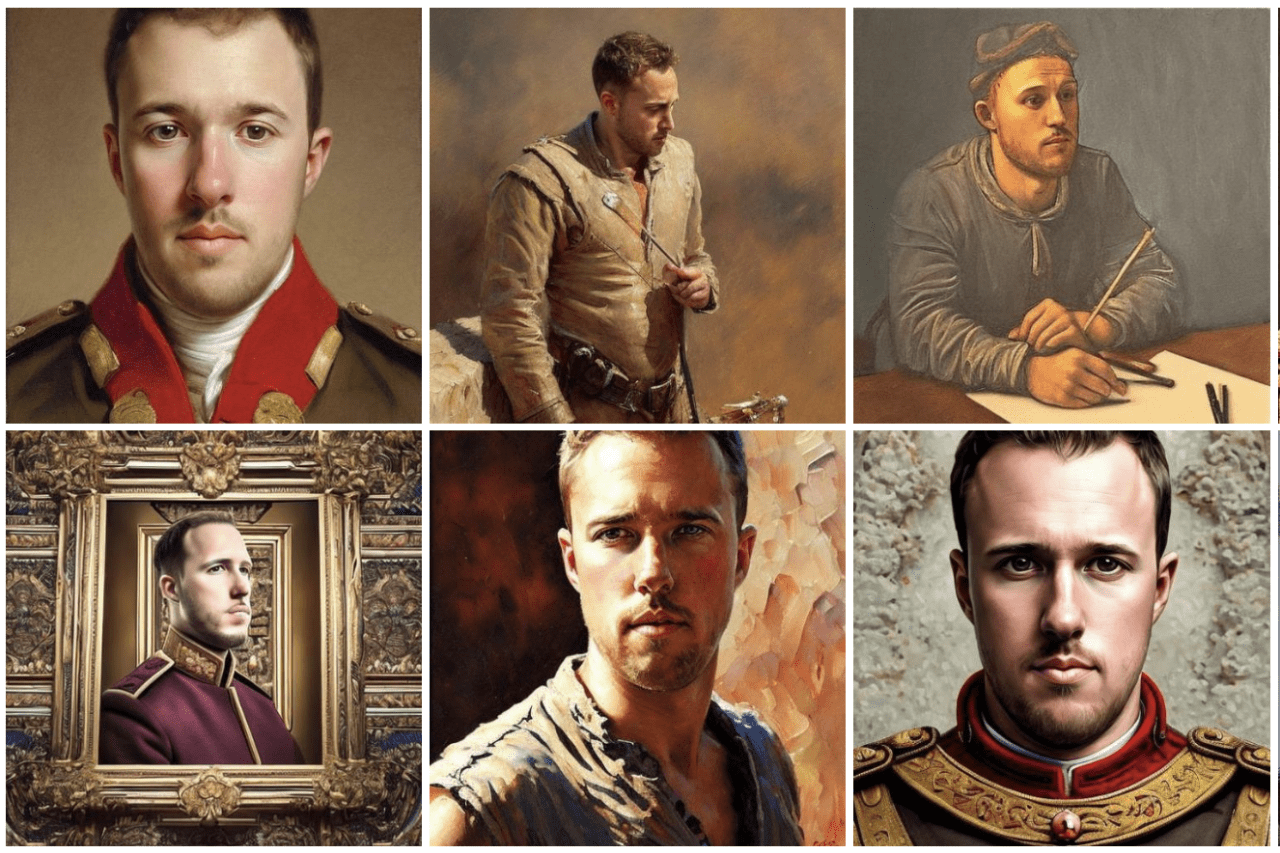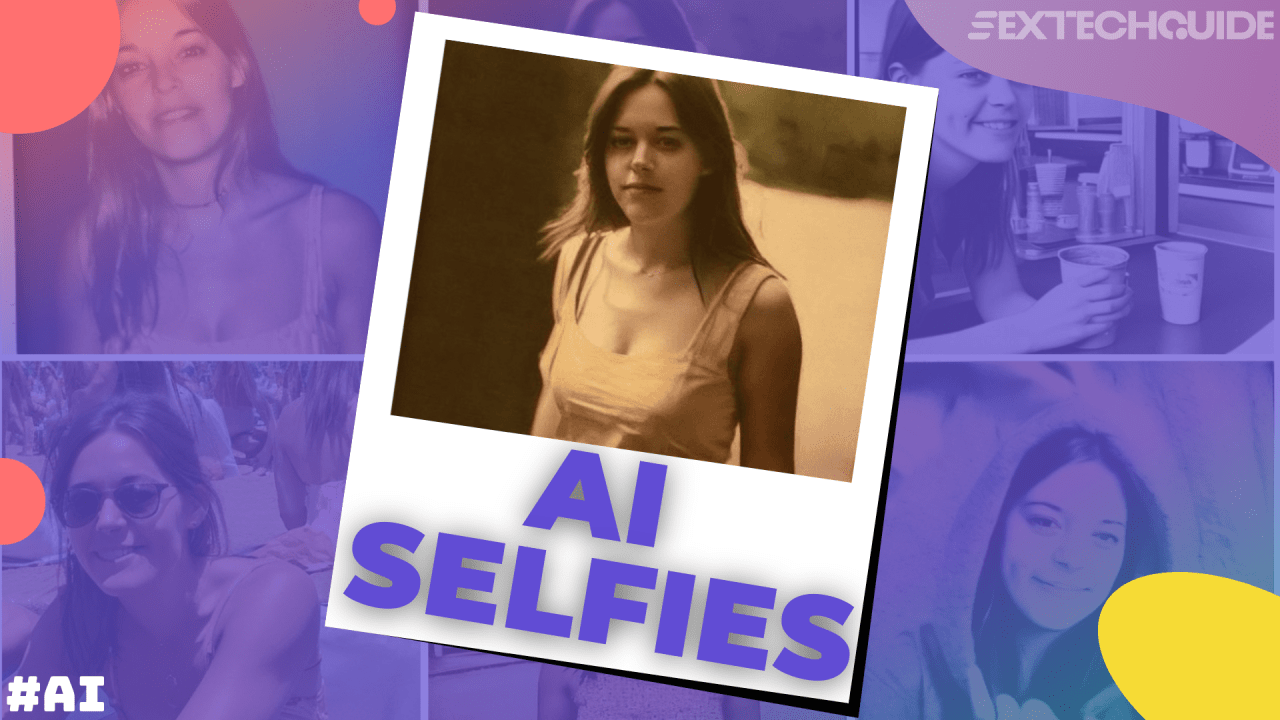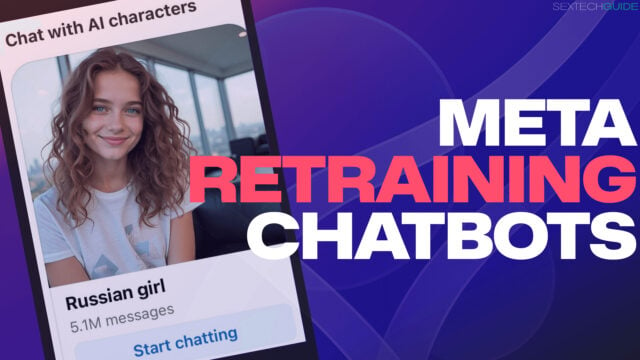A new fake photo-generating app is offering a “Tinder Pack” service, that gives you a cache of fake images of yourself looking extremely attractive, created by artificial intelligence (AI).
Packs of fake AI photos on the PhotoAI app are being offered for $19. As well as a ‘Tinder Pack’ you can buy a ‘LinkedIn Pack’ that generates photos of you looking sharp in business attire, ready for a board meeting. Among the other offerings is a ‘Polaroid Pack’, which creates hipster-esque Polaroid-style images of you.
The Tinder Pack promises “photos of yourself as the best you’ve ever looked”.
The fake AI photos are pretty realistic, with the app’s creator saying that the tech behind it should improve and one day make it impossible to tell the fake photos from real ones. At this point, they said, it will be “irrelevant” whether they are genuine or not.

PhotoAI works by the user submitting a series of real photos that the AI system is then trained on. The submitted photos go through a “fine tune” process, then the application of the chosen style (such as ‘Tinder Pack’ or ‘LinkedIn Pack’). The images are then run through the publicly-available Stable Diffusion AI system, reported Motherboard.
With many dating apps banning the use of fake photos, using images bought from PhotoAI could potentially land you in hot water with the terms and conditions of these apps. The app potentially works in a gray area, though, as it could be argued that if you use such a photo on a dating app you are still technically using an image of yourself.
Also to consider is the moral issue of using a fake photo designed to make you look far better than you actually do, to convince people to match with you and potentially meet you in real life.
“The tech is so new, the use cases it will solve over the next few months/years are inevitably going to lead to interesting questions about legality and morality,” Sebastien Lhomme, creator of PhotoAI, told Motherboard.

You’re not allowed to upload photos of anyone but yourself to PhotoAI, or upload nude or pornographic/explicit photos.
AI-generated images have become a hot topic in 2022, with technology developing to the point where many of the fake images created are incredibly realistic. These have raised concerns about fake photo misuse, for purposes such as deepfakes.
Read next: ‘Consent not required’: The worrying rise of MrDeepFakes






Leave a Reply